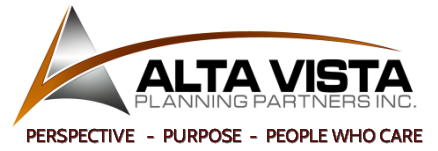
CORPORATE OWNED LIFE INSURANCE
Should I hold life insurance personally or corporately for business owners, that is the question. Life insurance is an important part of the business for protection and also as an asset.
Life Insurance can be used as a tool to provide liquidity in the event of a death and also to build wealth.
There are seven key situations where corporate owned life insurance makes sense:
Liquidity in the event of a death
-
Key Person Insurance– in the event where the loss of a key person can means a monetary loss for the company.
-
Buy/Sell Insurance- this can be used to fund a buy/sell arrangement between two or more partners
-
Estate/Succession Planning- this helps to transfer shares of the corporation to family, other business partners or charity
-
Taxes- Life insurance can be used to pay off taxes, taxes at death are typically the largest bill when shares are divested.
-
Charitable Giving- Life insurance funds can be used to donate money to charity.
Build Wealth
-
Enhance Investment Returns- Investments inside an insurance policy grow on a tax-sheltered basis, therefore this can help increase investment returns
-
Estate Equalization-To help business owners distribute family assets fairly and equitably, in some cases not all children are involved with the business.
Advantages of Corporate Owned Insurance
-
Premiums are paid by corporate after tax dollars, typically less expensive than paying with premiums with after-tax personal dollars.
-
Life insurance proceeds can be paid to shareholders without tax through the capital dividend account.
-
Premiums can be tax deductible (only if it’s necessary to secure financing).
Disadvantages of Corporate Owned Insurance
-
No creditor protection- Personally owned policies are creditor protected, however corporate policies are not.
-
Capital losses can erode the amount of life insurance proceeds paid out tax free to shareholders.
-
Certain policies can increase the share value of your corporation at death, therefore increasing the cost if family members want to purchase shares.
-
Certain policies could also be viewed as a passive business asset, therefore it could risk access to the small business tax rate.
Keep in mind that, each person’s situation is unique. We can help you figure out what makes sense in your situation.

